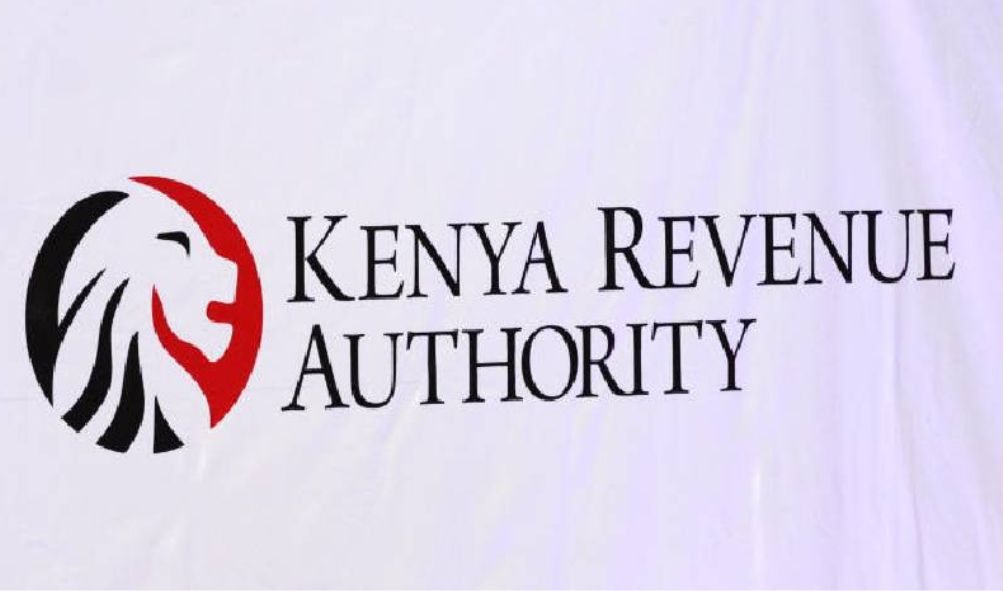The Kenya Revenue Authority (KRA) has confirmed that undocumented bank deposits will be treated as taxable income under the Income Tax Act. The clarification comes after viral social media claims wrongly suggested that KRA had been granted sweeping powers to tax all bank deposits without distinction.
KRA explained that only deposits without supporting documentation proving they are loans or capital injections fall under taxable income. The ruling from the tax tribunal has sparked debate, but experts say proper financial records can protect taxpayers from unnecessary disputes.

Undocumented Bank Deposits and Income Tax Rules in Kenya
The Authority stressed that not every bank deposit will be subjected to tax. Instead, the focus is on deposits that lack evidence showing their nature or source. This means if a business or individual receives money in their account, and there are no verifiable documents confirming whether it is a loan, capital injection, or another exempt transaction, KRA has the mandate to treat it as income.
This decision is guided by Section 3 of the Income Tax Act. The law defines taxable income as any earnings accrued in or derived from Kenya unless specifically exempted. Income categories include profits from business, employment, rent, dividends, pensions, and interest. Any funds that do not fall under these categories but lack proper explanation may still be considered income.
The ruling followed a case where a pipe manufacturing company disputed KRA’s assessment. The company argued that deposits between 2019 and 2022 were loans and capital injections, not income. However, it failed to provide supporting records, leading the tribunal to dismiss the appeal. The ruling confirmed that deposits with no evidence of origin are taxable.
How KRA Clarified the Misinterpretation
Social media claims had suggested that the tribunal’s ruling gave KRA power to tax every deposit in both personal and business accounts. This caused panic among Kenyans who feared double taxation and unfair assessments.
KRA moved quickly to dismiss these claims, explaining that the decision does not give blanket authority to tax all deposits. The Authority clarified that the tribunal only ruled against deposits lacking documentation.
In its public statement, KRA explained that properly documented funds such as bank loans, shareholder capital, and transfers with supporting records remain non-taxable. The clarification was meant to reassure the public while reminding taxpayers of the importance of proper financial documentation.
The case, Tribunal Appeal E1116 of 2024, was decided on September 2. It set a precedent that while KRA cannot assume every deposit is taxable, it can rightfully treat undocumented funds as taxable income.
Why Accurate Records Protect Taxpayers
Experts say the biggest lesson from this case is the importance of maintaining accurate and verifiable financial records. Businesses and individuals alike should keep loan agreements, shareholder resolutions, bank transfer records, and other supporting documents updated and accessible.
Proper documentation is the strongest safeguard against unexpected tax demands. Without it, deposits may automatically be classified as income, attracting tax charges and penalties.
Tax consultants also point out that Section 3 of the Income Tax Act gives broad authority to KRA to ensure compliance. However, this authority is not unlimited. The law still requires KRA to act within reason and provide fair assessments based on evidence. When taxpayers present accurate records, KRA is obliged to exclude such funds from taxable income.
For businesses, this means maintaining detailed bookkeeping and ensuring every capital injection or shareholder loan is well-documented. For individuals, it means keeping proof of non-taxable transactions such as family remittances or reimbursements.
Bottom Line
The tribunal ruling has clarified a critical issue on taxation and bank deposits in Kenya. KRA does not have blanket power to tax all deposits but has the legal right to classify undocumented deposits as taxable income. This aligns with Section 3 of the Income Tax Act, which provides for the taxation of all income unless exempted.
Taxpayers are therefore advised to maintain complete financial documentation to avoid unnecessary disputes. Accurate records remain the most reliable protection in ensuring deposits are not mistaken for taxable income.


